I stayed in Letran for high school, so on paper, nothing really changed. Same uniforms, same buildings, same traditions.
But inside me, something was shifting.
When you hit your teenage years, that’s when puberty kicks in. Suddenly, everything feels more intense—your emotions, your desires, your self-awareness. I really feel like teenagehood is one of the strangest, most angsty seasons you’ll ever go through. High school was when my main character energy truly came alive.

I Was Bakla—and I Loved It
Unlike grade school, I wasn’t actively bullied anymore. There was also a visible shift in culture. By the 2010s, the LGBTQ+ community was becoming more accepted. This was when Vice Ganda was getting mainstream—unkabogable, releasing hit films, and basically becoming a star. The environment was starting to change, and it reflected in school too.
And for the first time, I felt like I belonged.
I had three main circles in High School: One was the geeks, Teen Titans, I honestly had no idea how this friend group formed, but it felt safe to be there and people there were smart and I would say were not judgemental at all. So, honestly, we’re really good friends up to this day. The second was the VolleyBelles, our batch’s volleyball clique.
And then within the VolleyBelles, there was an inner circle—our queer group. We called ourselves many names from Winx Club, Powerpuff Girls, Sailor Moon Warriors, and then the Seven Deadly Sins, and each of us embodied one. (That’s a story for Chapter 5.)
At school, I was out—not to my family, but definitely out in how I moved, dressed, and expressed myself. I was femme, loud, funny, and adored by many. I had my fan moments, my sassy walk, my exaggerated reactions. I clapped back as a conyo. I had a signature pak! in every conversation. I was living and breathing queer humor.
I was bakla—in the baddest, most unapologetic way.
Boy-Crazy and K-pop-Possessed
As a queer person, I was also boy-obsessed. Let’s be real.

In our clique, we each had a “boyfriend”—kind of like a batch basketball player we claimed. My “boyfriend” was actually my first crush, the one I talked about in Chapter 3. He played along. He “loved” me in that harmless, straight-boy-flirty way. And as much as it sounds playful, there’s also pain in that setup. There’s a certain kind of abuse when straight guys use your feelings for attention, but at the time, I didn’t mind. I felt seen. I felt validated.

And nothing brought my “kabaklaan” to life more than K-pop
K-pop was the gateway. It wasn’t just the music. It was the world—the fashion, the choreography, the aesthetic. I especially loved girl groups. They were fierce, glamorous, and campy. They were everything I wanted to be.
At the time, K-pop wasn’t as mainstream as it is today. And if you were into girl groups in the early 2010s, people immediately assumed you were gay. And you know what? I didn’t care. Because I was.
Put on a girl group track and I’d serve choreography like I was on stage—a full-on concert, starring me as the newest member of my favorite K-pop girl group. Hair flips, hip sways, finger hearts—full fantasy. I lived for it. It made me feel powerful, expressive, and alive. (P.S. Here’s a compilation of my dance videos locked in my room. Most of these were filmed in college (sadly couldn’t find the high school ones), but you’ll get the vibe)
Until my dad caught me.
He walked in on me mid-routine and, without missing a beat, snapped:
“Why are you dancing like that? I do not have a gay son.”
I froze. Embarrassed and ashamed. But also… defiant.
He didn’t have to say more. That one line was enough to remind me: At home, I wasn’t safe. I couldn’t be that version of me.
So I toned it down. Again.
The only person I could truly be myself with was our househelp. She saw me dance. Heard me blast K-pop. Never shamed me. Never told me to stop. She just smiled, encouraged me, and made space for my joy.
From then on, I made sure to lock my door before I performed.
And so, the double life continued. At school, I was fabulous.
At home, I had to act straight—repress my voice, my softness, my desire.
It was around this time that I made a promise to myself: I’ll only come out when I’m rich, successful, and independent—when no one can reject me, because I’ve already proven my worth.
That became my silent vow, and success would be my shield.
Perfection with a Price
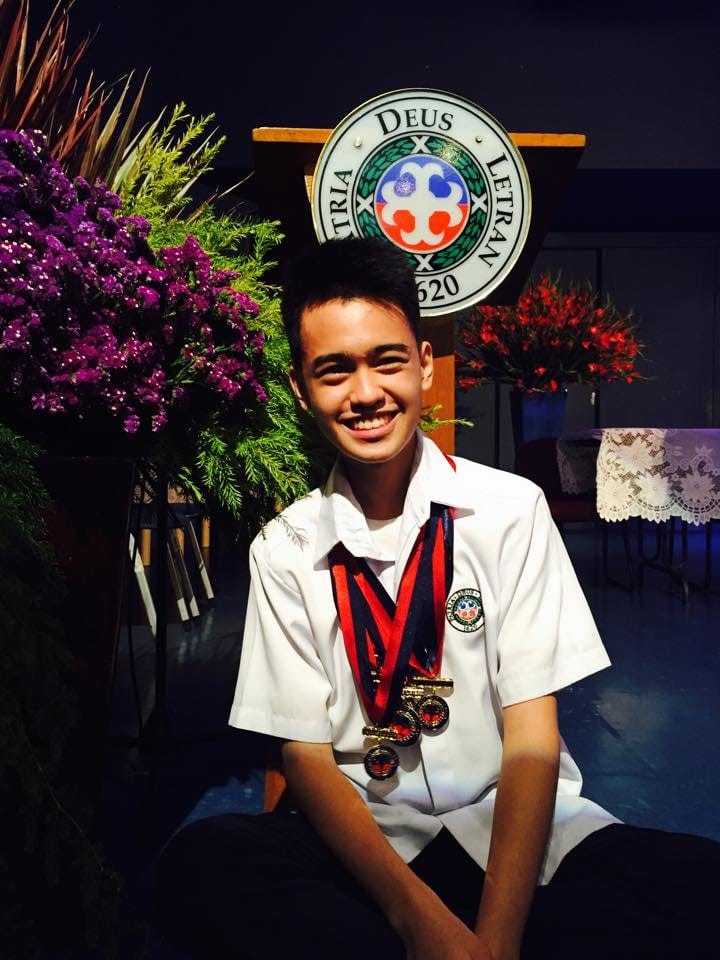
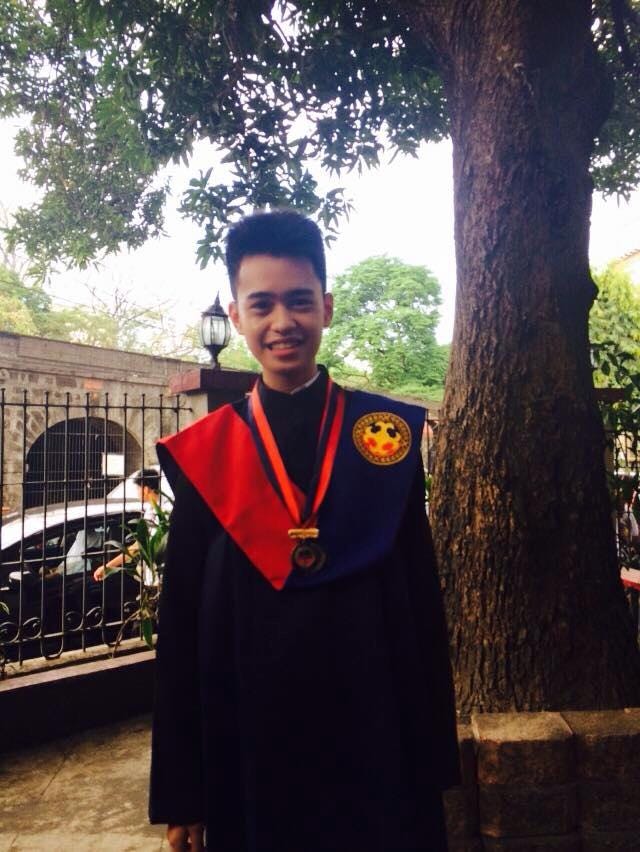
That silent vow—to only come out once I was rich, successful, and untouchable became fuel.
I was determined to succeed. Academically. Socially. Publicly. On every platform possible.
I joined the school paper, student council, and debate team. Entered and won contests—radio drama, declamation, hosting school events. I wasn’t just a student. I was that student.
But all that success? It wasn’t just ambition. It was desperation.
I tied my worth to my grades, my trophies, and my place in the star section. I had to be the best. I had to stay on top. And, failure wasn’t an option because it was a threat to my identity.
I once unfriended one of my best friends for weeks…just because he ranked higher than me.
Another time, I nearly ended a friendship because we liked the same guy.
I even cried when I missed the honor roll by a few points.
It wasn’t just competition.
It was an obsession.
Desperate to feel valid, desperate to feel lovable, and desperate to matter.
Looking back, I see the wound beneath it all: I thought I had to perform to be loved.
First Experiences of Love
Behind all the sparkle and performance, I was a hopeless romantic.
Like I shared in Chapter 1, I grew up loving rom-coms. Love stories were my favorite. I loved love. And I longed for it, not just the attention, not just the kilig, but real love. Someone to see me, choose me, stay with me.
But I didn’t know how that kind of love could exist for someone like me.
There were two sides to it.
On one hand, there was still a part of me that tried to prove I could like girls. I didn’t even know bisexuality was a thing back then. I just thought, Maybe I still like girls? Maybe I’m not really gay?
And to be fair, I did feel attraction. It wasn’t fake. It just didn’t cancel out everything else.
I lived in that blurry space, trying to convince myself I still liked girls, while also being very clearly and undeniably attracted to boys.
One moment I’ll never forget was during a school fair. I got paired with a girl I had a “happy crush” on in a “jail booth”—a fundraiser thing where you had to pay to get out. And the fee to leave the booth was only ₱20.
But she was so disgusted to be “locked up” with me, a bakla, that she handed over ₱500 just to escape.
It was meant to be playful. Everyone laughed and I laughed with them too. But it hurt. And speaking of rejection, nothing hit harder than falling in love with a straight guy.
The One Who Broke Me
He was kind. Funny. Made me feel safe. I considered him my best friend.
At first, it was just a normal bond. We sat together on the school service. Hung out. Talked about everything. But slowly, I realized I didn’t just like being around him—I wanted to be his.
I didn’t have the words for it back then. I just knew I was emotionally attached. I wanted more than friendship. I wanted him to feel the same.
Eventually, he found out how I felt. And he was… disgusted.
I’ll never forget the look on his face. He didn’t even have to say anything. His reaction said it all: This is wrong. You are wrong. And honestly? I don’t blame him.
It was 2013. Sure, things were changing—but being queer was still deeply misunderstood. He probably didn’t know how to process that kind of confession. He was just a kid, too.
But I wasn’t innocent either.
When Love Became Manipulation
After that moment, I spiraled.
I became emotionally manipulative. I thought, Maybe if I stay close enough, if I care harder, if I prove my loyalty… he’ll change his mind.
I tried to rewrite the story in my head—one where he’d eventually fall for me, and it would all make sense.
But the truth was: I didn’t know what to do with my feelings.
I was out of control. I said things I now cringe at. I crossed lines.
I’ve gone back and read our old conversations, and I hate how desperate I sounded.
But at the time, that was my truth. I didn’t have the tools. I just wanted to be loved.
And when it all collapsed?
So did I.
When It Collapsed, So Did I
That rejection wasn’t just awkward or painful. It broke something in me. That was when I started cutting. Back then, people called it laslas. It was something people whispered about—a cry for help, or a form of punishment. For me, it was both.
I didn’t want to die. I was actually terrified of death. But I also didn’t know how else to make the pain make sense. I thought: Maybe if I hurt myself, it will make this heaviness feel real. Maybe if I bleed on the outside, people will finally see how much I’m bleeding inside. Because deep down, I believed something horrible: That being gay made me unworthy of love.
It didn’t matter that I was an achiever, it didn’t matter that I was kind, funny, talented, and it didn’t matter how hard I tried. I was still “too much.” Too feminine. Too queer. Too weird to be wanted.
So I punished myself for it.
Looking back, that was the beginning of my mental health battle, though I didn’t know it at the time: Depression. Self-harm. Self-hatred.
Teenage angst isn’t just drama. Sometimes, it’s a silent war. And at that point in my life, I was losing.
The Pattern
Eventually, I moved on from him—we even became friends again. But the cycle didn’t stop.
There were others. A few more guys I caught feelings for. The one that stood out was a younger guy from the debate team. I fell for him, too.
And again, I got emotionally attached. And again, I became manipulative.
It became a pattern: Longing. Obsession. Rejection. On repeat.
There were moments I’m not proud of. Times when I used my position—my influence—to try and win love.
I remember telling this guy I liked, “I’ll make you editor-in-chief… if you fall in love with me.”
Half-joking. But also, not.
There were darker moments. I’d cut myself, take photos, and send them.
Say things like: “If you won’t love me back, then what’s the point of living?”
I didn’t know it then, but I was wielding my pain like a weapon.
Not because I was evil, but because I was empty.
And emptiness? It can make you cruel.
On the outside, I was still Mr. Perfect. Teachers adored me. Grades were solid. Received a lot of awards. I was composed. Polished. Accomplished.
But inside? I was a storm.
And I was drowning in it.





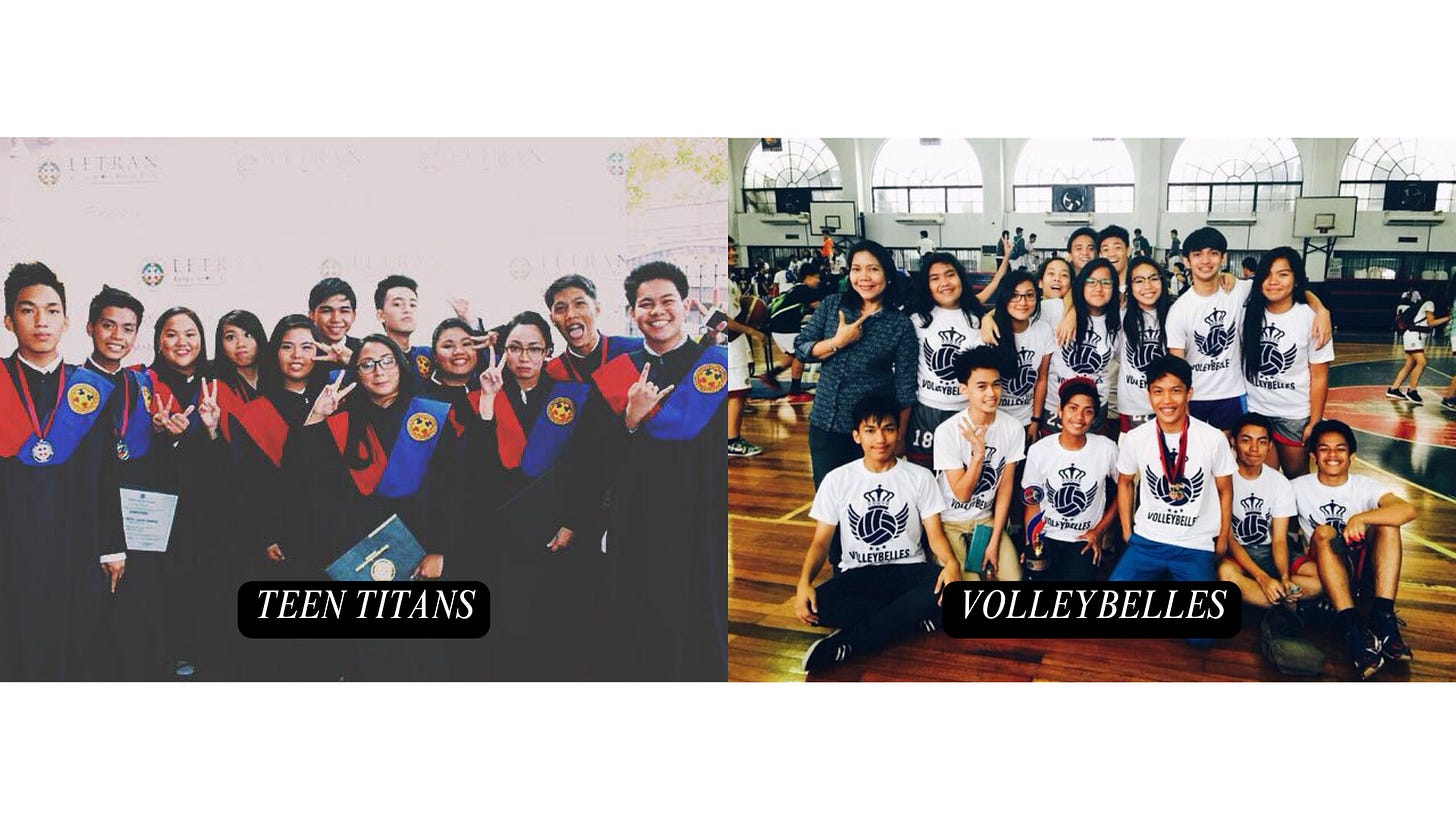

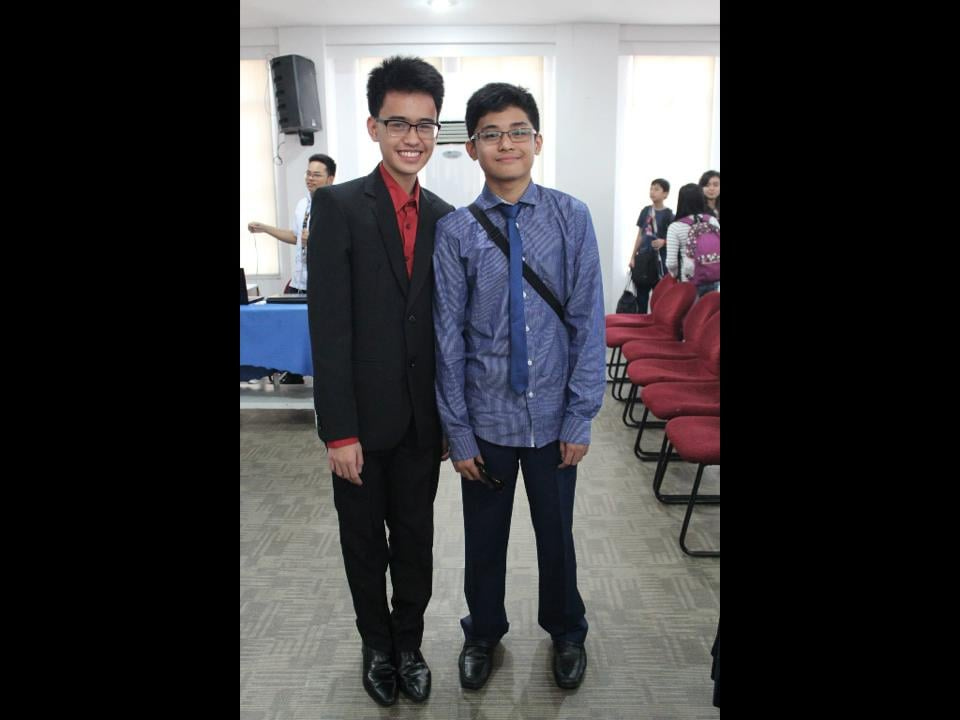

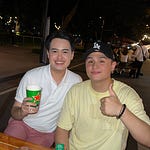

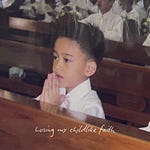

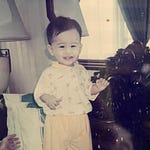
Share this post